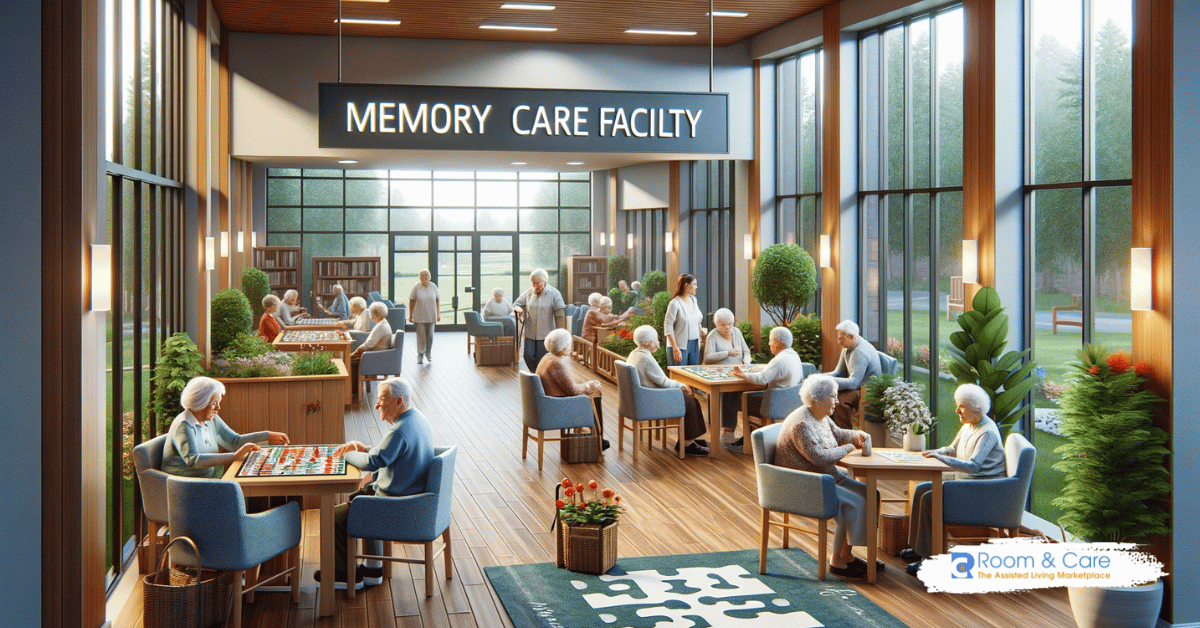Enhancing Comfort and Safety And Security Through Alzheimers Care Charlotte Solutions
Enhancing Comfort and Safety And Security Through Alzheimers Care Charlotte Solutions
Blog Article
Producing a Safe and Supportive Setting for Alzheimer's Care
The creation of a secure and encouraging environment for individuals with Alzheimer's is extremely important in enhancing their lifestyle. This includes not only physical adjustments within the home, such as reducing threats and incorporating acquainted aspects, but also the execution of structured regimens and purposeful tasks that cater to their cognitive needs. In addition, comprehending the emotional and mental measurements of treatment can considerably influence their complacency and connection. Checking out these complex strategies can reveal vital understandings into reliable caregiving methods that may transform the everyday experiences of both caregivers and clients.
Comprehending Alzheimer's Requirements
Frequently, people with Alzheimer's condition display a series of requirements that call for tailored approaches to care. As the condition proceeds, cognitive decline shows up in numerous ways, influencing memory, thinking, and also the ability to carry out everyday activities. Caregivers must acknowledge these advancing requirements to supply suitable support and guarantee a better of life for those affected.
One vital element of recognizing Alzheimer's demands is identifying the importance of routine and familiarity. People often find convenience in recognized patterns, which can reduce anxiousness and complication. Caregivers must aim to produce organized everyday schedules that integrate purposeful activities straightened with the individual's capabilities and rate of interests.
In addition, efficient interaction is critical. People with Alzheimer's might have a hard time to share themselves or comprehend complex language. Caretakers ought to use basic, clear language, use non-verbal signs, and technique energetic listening to promote understanding and link.
Caregivers need to encourage engagement in area tasks or family members gatherings, promoting a feeling of belonging and function. Comprehending these diverse requirements is vital for creating an encouraging treatment atmosphere.
Creating a Safe Home
Creating a risk-free home for people with Alzheimer's condition is essential to lessening risks and promoting freedom. Ensure that pathways are well-lit and clear, as proper lighting minimizes disorientation and boosts flexibility.
Integrating flexible functions is likewise crucial. Mount grab bars in shower rooms and near stairs, and consider making use of non-slip floor coverings in damp locations. Additionally, using contrasting shades for floors and walls can aid in differentiating spaces, aiding to alleviate complication.
Familiarity is necessary for people with Alzheimer's. Individualizing the atmosphere with familiar items and photos can strengthen a feeling of belonging and safety - Alzheimers Care Charlotte. It is likewise valuable to have an assigned location for everyday tasks, such as reading or crafting, which can give structure to their day
Lastly, applying a protected outside space permits secure exploration while getting in touch with nature. By attentively making the home environment, caregivers can significantly enhance the lifestyle for individuals coping with Alzheimer's illness.
Enhancing Interaction Skills

Non-verbal communication, including faces, gestures, and touch, plays a vital function in sharing empathy and understanding. Preserving eye call and a tranquil disposition can enhance the convenience degree of the person, advertising a sense of safety.
Additionally, it is very important to exercise energetic listening. This entails being completely present, showing perseverance, and allowing the person to share themselves without disturbance. Repetition may be essential; caretakers need to be prepared to review subjects or inquiries, as individuals with Alzheimer's might battle with memory recall.
In addition, making use of aesthetic aids or signs, such as pictures or acquainted things, can promote acknowledgment and engagement. Inevitably, boosting interaction skills has to do with building trust fund and creating an environment where people feel heard, valued, and comprehended, consequently enhancing their lifestyle.
Urging Social Communication
Promoting purposeful social interactions can substantially enhance the health of people with Alzheimer's illness. Engaging with others not just aids battle feelings of seclusion however additionally promotes cognitive function and psychological wellness. Structured social activities, such as team crafts, arts and games, or music therapy, create chances for locals to connect with peers and caregivers, which can cause improved mood and minimized stress and anxiety.
Producing a welcoming official source setting that motivates socializing is important. This can be achieved by preparing public spaces that promote communication, such as comfortable seating areas or task areas. Furthermore, incorporating culturally great site appropriate and familiar tasks can motivate and spark memories involvement, allowing people with Alzheimer's to really feel even more linked to their past experiences.
Moreover, caregivers must be trained to recognize and promote social involvement amongst locals. Straightforward motions, such as starting conversation or promoting tiny seminar, can assist people feel valued and included. On a regular basis scheduled gatherings need to be consistent yet versatile, accommodating varying levels of capacity and interest. By prioritizing social interaction, we can considerably enrich the lives of those coping with Alzheimer's, promoting a sense of area and belonging.
Sustaining Caretaker Wellness

To support caretakers, organizations ought to provide normal training and academic resources to boost their understanding of Alzheimer's disease and caregiving strategies. Offering access to reprieve treatment services permits caretakers to take required breaks, lowering stress and anxiety and fatigue - Alzheimers Care Charlotte. In addition, fostering a community through support system can assist in emotional sharing and the exchange of sensible recommendations amongst caretakers, creating a network of common support
Psychological health resources, such as counseling services, can also be essential in resolving the emotional toll caregiving can take. By focusing on caretaker well-being, we create an even more lasting caregiving setting that not only benefits the caregivers themselves but likewise enhances the overall high quality of treatment obtained by people with Alzheimer's. Eventually, sustaining caregivers is a crucial component in cultivating a effective and caring treatment setting.
Final Thought
To conclude, the creation of a secure and helpful atmosphere for people with Alzheimer's is important to improving their high quality of life. web link By focusing on safety and security with thoughtful layout, cultivating psychological wellness with acquainted components, and promoting interaction with structured regimens, caregivers can considerably influence the total experience of those influenced by this problem. Supporting caretaker wellness is vital, as it ultimately adds to a much more effective and caring care setting.
Repetition might be needed; caregivers need to be prepared to take another look at subjects or concerns, as individuals with Alzheimer's may battle with memory recall.

Report this page